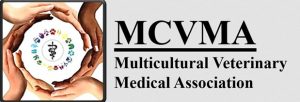Module 7: Get to Know a Shelter
Including Whole Communities in Animal Welfare
The Human Animal Support Services model sought to decentralize the role of animal shelters and to leverage and grow community-based services to better support more pets and their families. This led to a reassessment of traditional approaches to animal control enforcement that often led to separation of pets from families, barriers to adoption and services, and traditional themes around who deserves to benefit from the companionship of a pet.
Animal shelters and rescue groups – like the veterinary profession – are often not representative of the ethnic and economic makeup of the communities in which they work. There is ample evidence that this lack of inclusivity prevents such organizations from fully serving the needs of their communities.
The following commentaries were offered by leaders in the animal sheltering field as they looked inward at their personnel, mission, and operations. They are offered for optional review by readers of this textbook who would like to explore current conversations and resources about who is invited to define, lead, and benefit from service in animal welfare.
Fair warning — this topic is fraught and complex, so be kind to yourself and others.
What the Blogosphere is Saying
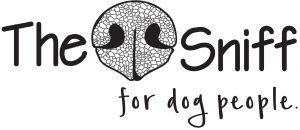
By AJ Albrecht
These are things I have seen over the years. Some of them are things I have done. And the ideas for changes are just that–my ideas. They are not perfect. I haven’t tried them all. But I can’t stay silent.
Adoption requirements that are a coded way to “weed out” adopters from marginalized groups.
- Refusing to consider people who don’t own their own home.
- Refusing to consider people who don’t have yards, or fenced in yards.
- Refusing to consider people who live a certain number of miles from your community.
- Refusing to consider people who don’t feed the high quality food you feed.
- Refusing to consider people who don’t have a relationship established with a vet.
Instead: consider any home where the pet’s needs will be met and they will be loved. Make a conscious effort to recognize when you are biased toward adopters who look like you, or whose homes are similar to yours, or you share a lot in common.

By Anne Dunn
Director, Oakland Animal Services, California
I want to share my thoughts on our industry and the incredible opportunity we have now to begin again, cooking social justice into our foundation.
Try This
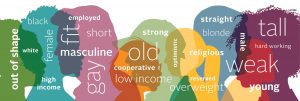
Project Implicit: Complete a self-test for implicit bias (15 min)
The IAT measures the strength of associations between concepts (e.g., black people, gay people) and evaluations (e.g., good, bad) or stereotypes (e.g., athletic, clumsy). The main idea is that making a response is easier when closely related items share the same response key.
Explore This
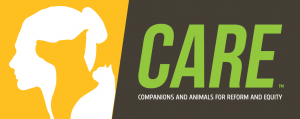
“We believe in the inherent goodness and dignity of all people. Ex-offenders, People without Homes, Seniors, Renters, Families with Small Children, and Yes, People of Color. To that end, CARE’s mission is to bring diverse voices to the Animal Welfare industry while also advocating for a more inclusive path to pet adoption. CARE is using evidence-based tools and narratives to inspire organizations to be more inclusive and less biased. All in an effort to save more companion animal lives and elevate the value of all human life. CARE believes this effort is the defining challenge for the Animal Welfare field. How does a humane movement move forward with love and compassion for all the people? Ultimately, if we want people to adopt from shelters and rescues versus acquiring pets from other sources, we must become more inclusive and welcoming to all types of people and the varied lives they lead.”
Read more on the CARE website . . .
Hear This
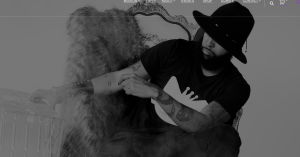
Listen to Sterling Davis, the TrapKing, talks about advocating for cats (43 min)
“I think being a black man in cat rescue is rare, and my experiences going into black neighborhoods to trap cats have given me insight into what needs to be done to be more inclusive. We need to build trust. Black people think white people are coming in there to mess things up. They think they only care abut the cats and not about them, so they don’t want them there. We can fight against stuff like that with unity and with working together.”

